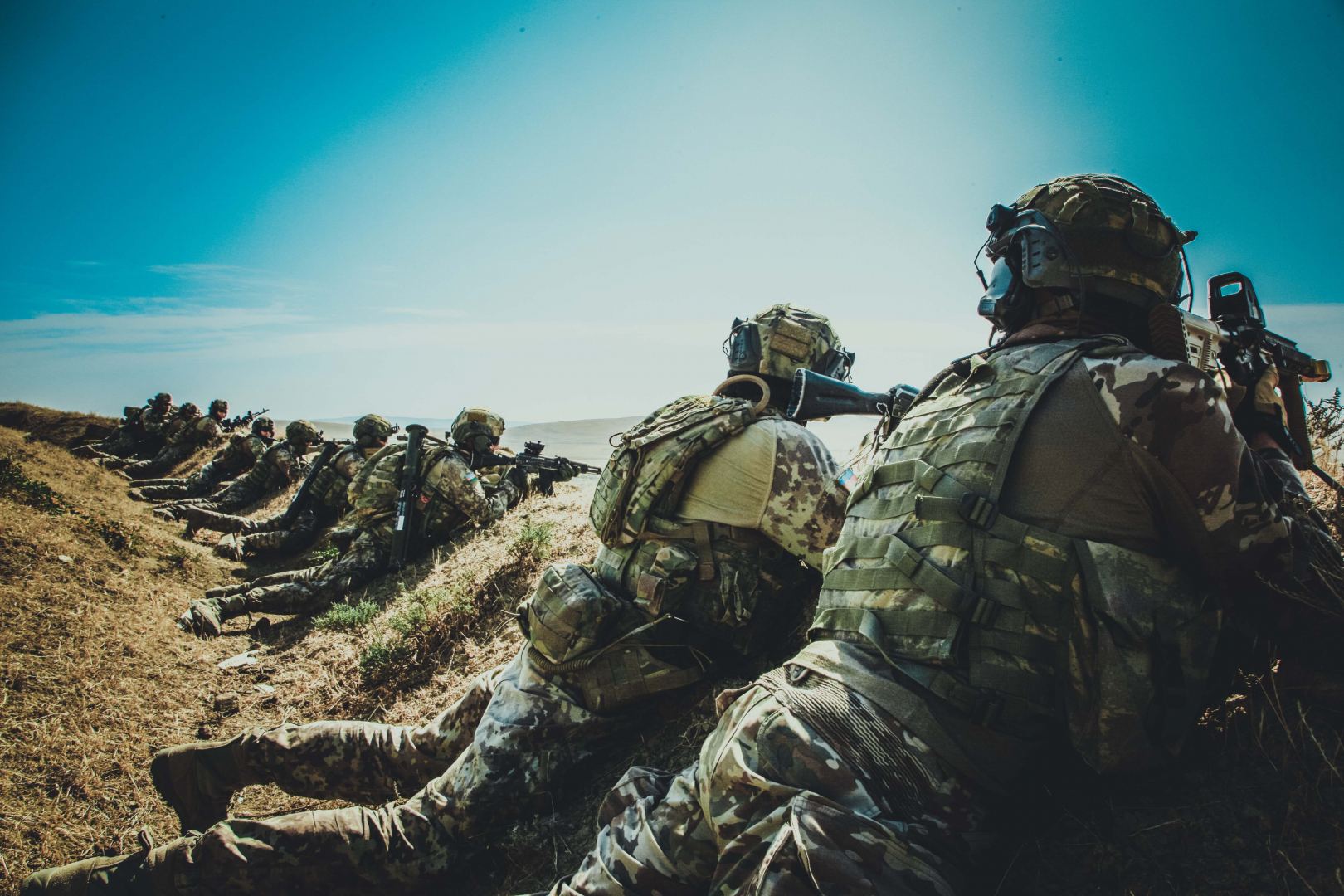The ongoing tensions in the Karabakh region between Azerbaijan and Armenia threaten post-conflict stability and reconciliation. The unwillingness of Armenia to sign a post-war peace treaty with Azerbaijan recognizing the territorial integrity of both states increases future conflict risks in the region. During the post-war period, several deadly clashes happened in the Karabakh region and at the Azerbaijani-Armenian border – writes Shahmar Hajiyev, Senior Advisor at the Center of Analysis of International Relations.
The end of the long-lasting war between Armenia and Azerbaijan opened up new opportunities for both countries to start economic cooperation and reconciliation. After signing the November Declaration and agreeing to a ceasefire, the key challenge became a post-war peace treaty between two South Caucasus countries. However, all recent developments show that Yerevan is seemingly unable to accept that Karabakh is part of Azerbaijan, as it is recognized in UN resolutions.
It is worth noting that one of the fundamental mechanisms for maintaining peace and security is the demarcation and delimitation of the state borders between Azerbaijan and Armenia. The first official agreement on border delimitation and demarcation between Azerbaijan and Armenia was reached during the meeting in Sochi, Russia in November 2021. Both countries agreed to work towards the creation of a bilateral Commission on the delimitation of the state border. There was another agreement between Azerbaijani President Ilham Aliyev and Armenian Prime Minister Nikol Pashinyan during the meeting mediated by European Council President Charles Michel in Brussels in April 2022. According to Charles Michel, “the two sides agreed that their respective foreign ministers would work on the preparation of a future peace treaty that would address “all necessary issues”.
During the post-conflict period, Azerbaijan started this process using Soviet maps and GPS. However, despite all agreements between the parties, the Armenian government is not keen on solving this important issue. On the contrary, the official position of Baku is the sooner this critical issue can be resolved, the faster parties would be able to ensure stability and security. Azerbaijan has already proposed basic principles for normalizing bilateral relations, and for Azerbaijan’s mutual recognition of territorial integrities, and the inviolability of internationally recognized borders of both states are the key criteria.
Today, deadly clashes and the illegal transit of Armenian armed forces and weapons to Karabakh seriously damage peace initiatives and the reconciliation process. It is worth noting that only during March and April did two serious clashes had happened, which led to causalities on both sides. On March 5, 2023, two Azerbaijani servicemen and three Armenian officials were killed after Azerbaijani troops stopped an Armenian convoy suspected of carrying weapons to Karabakh. After closing Lachin Road to the illegal transit of weapons, Armenians started using illegal roads for weapons supply to Karabakh.
Another bloody escalation happened on April 11, 2023, at the Azerbaijani-Armenian border near Tegh village. Following the armed clashes, several Armenian and Azerbaijani servicemen were killed and injured. These clashes show that the peace in the region is very fragile and as the conflict enters its new stage, future big escalations or even full-scale war could happen on the ground.
In addition, at the start of this month, one of the soldiers of Azerbaijan who went missing due to the poor weather conditions at the border of the Nakhchivan Autonomous Republic with Armenia was severely beaten. The camera footage shows a moment a group of Armenians beat and torture the Azerbaijani soldier, and this is against Geneva Convention relative to the Treatment of Prisoners of War.
All these incidents happened while Baku and Yerevan were continuing discussions on the post-war peace treaty and reconciliation process. Noteworthy, on March 1, 2023, officials from Azerbaijan met representatives of ethnic Armenians residing in Azerbaijan’s Karabakh region. The meeting was held at the headquarters of the temporary Russian peacekeeping mission located in the town of Khojaly. Key issues such as the reintegration of the Armenian residents of the Karabakh region into Azerbaijani society were discussed between the parties. After that meeting, Azerbaijan invited representatives of Karabakh Armenians for the second round of talks in Baku. Representatives of Karabakh Armenians refused to meet with Azerbaijani colleagues in Baku and again emphasized ambitious targets for independence. However, on 27 March, the Azerbaijani authorities re-invited representatives of the Karabakh Armenian community for a meeting to discuss re-integration issues. It is obvious that Armenian side is not willing to accept the Azerbaijani proposal to discuss reintegration issue, which is key for durable peace.
Today, the key question is: what is the problem, and why cannot the parties sign a post-war peace treaty to support sustainable peace in the region? In answering this question, it is important to note that unwillingness of Armenia to recognize territorial integrity of Azerbaijan and start delimitation/demarcation of the state borders is the key challenge. In addition, illegal military transportation from Armenia to the Karabakh region is another challenge for security and stability in the region.




















